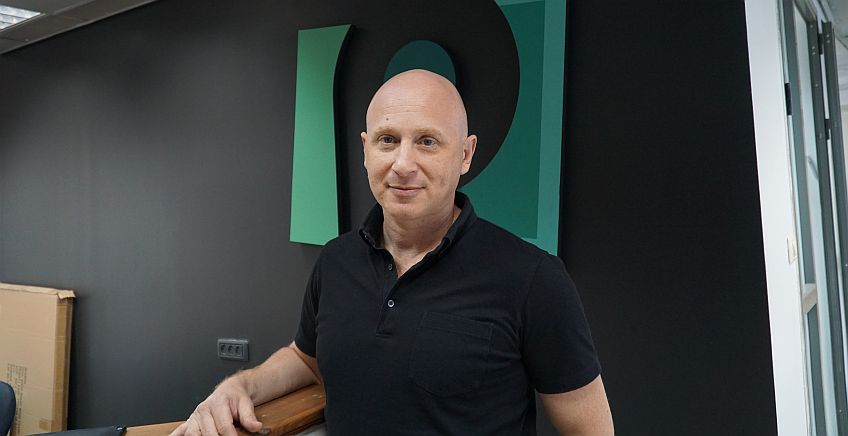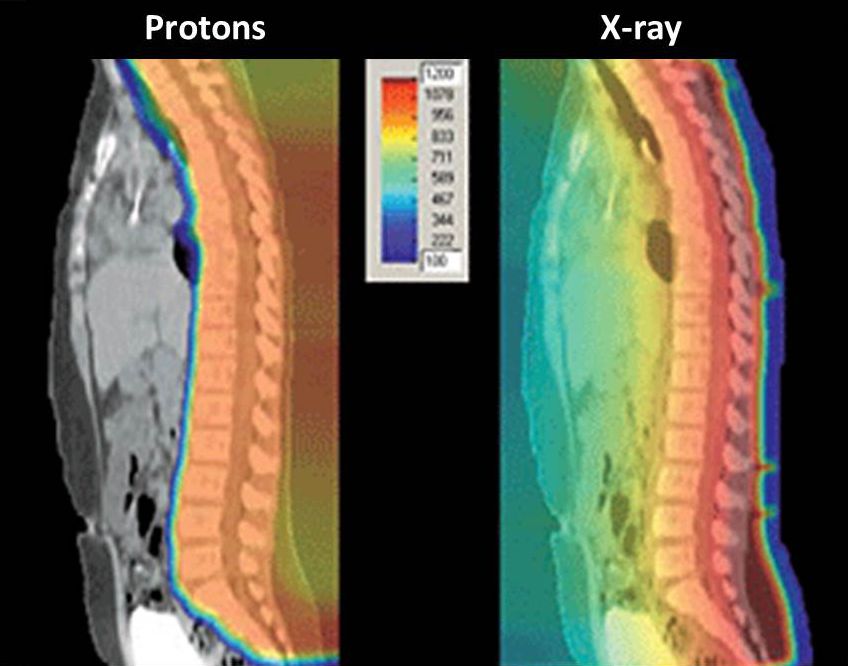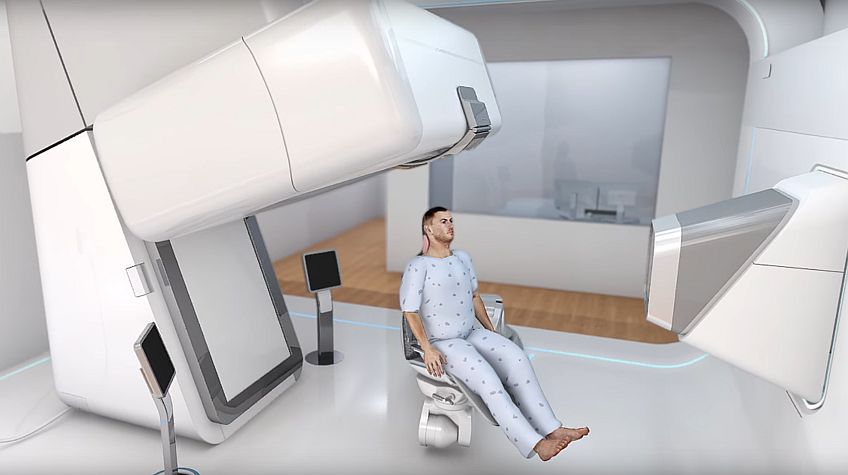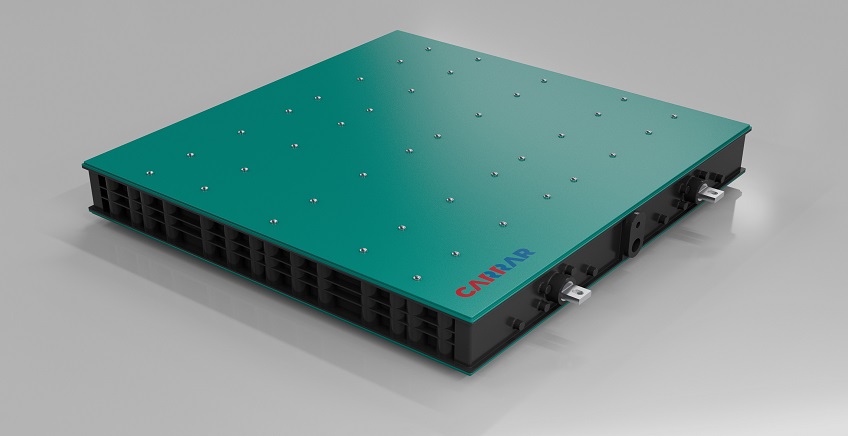P-Cure revolutionazie Proton Radiation treatment
11 January, 2017
The Israeli company developed a new approach to radiation treatment facilities, reducing the cost of proton treatment by a half. The company has raised some 10$ million, and is in the midst of a series B funding round

Israeli P-Cure is preparing to outsource the production of its proton treatment systems to an external contractor, a move which will rapidly increase its production capacities. The company has supplied its first operational system to the NorthWestern hospital in Chicago, United States, and is now producing two further systems for a major hospital in London, England.
Amidst its onslaught on the medical market, the company is the troughs of a 6-10$ million funding round, expected to be completed by January or February 2017, says P-Cure founder and CEO Michael Marash in an interview with Techtime. P-Cure is a unique med-tech company, as it does not produce medical equipment, but rather a holistic solution.
Success needs radiation accuracy

The company’s solution is a platform for proton technology radiation. As the better known X-ray radiation, Proton radiation is used to treat cancer patients, and remove various tumors. Unlike r-Ray radiation, which damages healthy cells in front of and behind the tumor, Proton beams have a special property called the “Bragg Peak” which allows oncologists to deposit nearly all of its energy directly on the tumor. Protons not only reduce radiation exposure to healthy tissue, but they deliver a higher concentrated dose to the tumor.
The main problem with proton treatment, which hampers its acceptance by medical institutions, is that it requires very large and extremely expensive systems. A proton treatment system includes imaging systems which enables the 360 degrees radiation of every organ in the human body.
Another challenge posed by this method is that the proton ray is extremely sensitive to changes in the patient’s anatomy during the treatment, a phenomenon limiting the safety and efficiency of the method.
Dr. Marash: “The high expenses and the sheer size of the systems are the reason for the scarcity of proton treatment centers, compared with x-ray centers. This is why only 1% of patient’s in need of proton treatment can benefit from it. This led us to conduct a study, which proved that many treatments do not require such vast systems. For example – prostate cancer patients are in need of a single angle radiation. Most of the other afflictions can be treated by a two angle radiation – this means that a 360 degree system is somewhat of an overkill, for most patients.”
The Robot places the patient

This realization was the basis for P-cures development of a new, smaller, and much cheaper proton treatment system. The small system lack the proton gun which is characteristic for conventional proton radiation treatment systems. In P-Cures system, the patient does lie, but rather sits on a robotic couch, which moves the patient according to the requirements of the treatment. A real-time imaging device as well as diagnostic CT monitor the treatment.
The focusing of the ray on the tumor, in an upright position, improves treatment results and makes the use of an expensive proton gun redundant. Deployment and operating costs of P-Cures systems are considerably cheaper than current proton treatment systems available. The systems can added to existing oncology centers, and do not require the building of new structures.
P-Cure was founded by CEO Dr. Michael Marash, in the Targetech Innovation Center incubator in Netanya, Israel. The company raised $10 million to date, mostly from foreign funds Everett Partners and Lions Peak. P-Cure received funds from the State of Israel. The company began clinical tests in 2008 in cooperation with the MGH hospital in Boston. A first operational prototype of the system was constructed in the hospital in 2010, which received FDA approval by 2011.
Real time imaging
In 2012 P-Cure signed a cooperation agreement with multinational Philips for the CT system used in P-Cures systems. The system has recently been deployed in Chcago hospital MNorthWerstn. In August the system received FDA approval, and it is now used to treat lung cancer patients. In the near future, the system will be used to treat throat, head and breast cancer patients. The company is currently producing two further systems, ordered by a major London healthcare facility.
What is special about your system?
Dr. Marash: “Proton treatment has special sensitivities: it is very accurate but you have to know exactly where to radiate. One of the main problems in our field is the discrepancy between the protons accuracy, and imaging resolution. There is no correlation between the gun and the sights. The solution is an exact detection of the tumor, and accurate information concerning its exact form and location prior to the treatment”.
“In order to tackle this sensitivity, we developed our own x-ray system. While CT is the main tool for locating, planning and monitoring treatments, the x-ray system we developed – pared with a specialized software – supplies us with real-time imaging which enables us to position the patient in relation to the proton gun, thus allowing us to change the treatment plan according to tumors form. It allows the physician to preform adaptive therapy”.
Posted in: News


